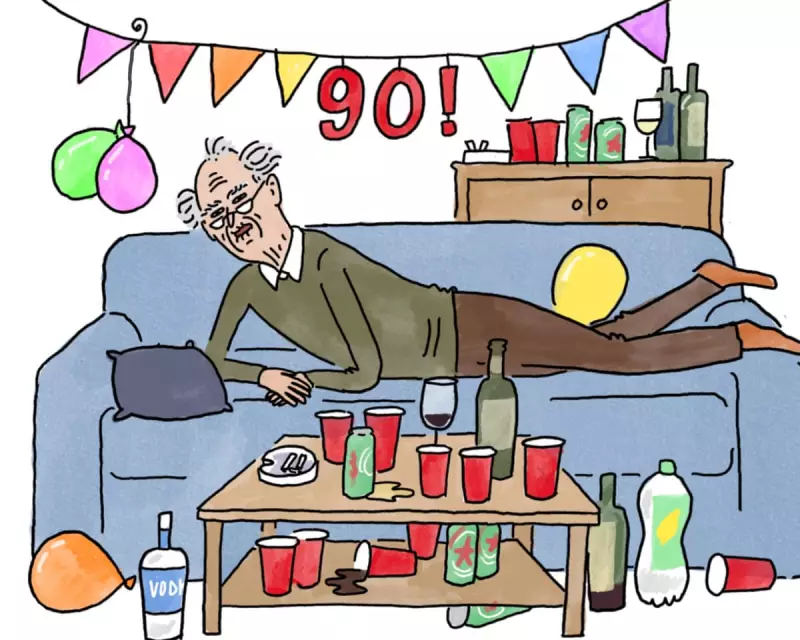
That familiar throbbing headache, the wave of nausea, the desperate craving for greasy food - we've all been there. But if you've noticed your post-drinking recovery becoming increasingly brutal with each passing birthday, you're not imagining it. Science confirms what many of us have learned the hard way: hangovers genuinely do get worse as we age.
The Biological Betrayal: What's Happening Inside Your Ageing Body
Several physiological changes conspire against us as we enter our thirties, forties and beyond. Dr Niall Campbell, an addiction specialist at Priory Hospital, explains: "The body's ability to process alcohol diminishes with age. Your liver doesn't work as efficiently, and you have less body water, meaning alcohol becomes more concentrated."
Four Key Factors Making Your Hangovers More Severe
- Dehydration Acceleration: Older bodies contain less water proportionally, causing alcohol's dehydrating effects to hit harder and faster
- Liver Slowdown: Your liver's alcohol-processing enzymes become less efficient, leaving toxins circulating longer
- Sleep Quality Decline: Alcohol already disrupts sleep patterns, but combined with age-related sleep changes, the result is profound fatigue
- Medication Interactions: Many medications common in mid-life can intensify alcohol's effects and hangover symptoms
Fighting Back: Expert Strategies for Better Recovery
While you can't stop the clock, you can adapt your approach. Nutritionist Gabriela Peacock advises: "Preparation is everything. Eating a substantial meal before drinking and alternating alcoholic drinks with water can make a significant difference to how you feel the next day."
Your Age-Defying Hangover Prevention Plan
- Hydrate Strategically: Drink one glass of water for every alcoholic beverage, and consume 1-2 litres before bed
- Choose Wisely: Darker spirits contain more congeners (toxins) - opt for clearer drinks when possible
- Prioritise Nutrition: Ensure you've eaten properly before drinking, focusing on proteins and healthy fats
- Know Your Limits: That two-drink maximum becomes increasingly important with each decade
- Morning Recovery: Replenish electrolytes with sports drinks or bone broth, and eat potassium-rich foods like bananas
The Silver Lining: Wisdom Comes With Age
There's an unexpected benefit to this increased sensitivity. Many people find they naturally drink less as they age, not just because of worse hangovers, but because they become more selective about when and why they drink. This mindful approach often leads to healthier relationships with alcohol overall.
As Dr Campbell notes: "Listening to your body becomes crucial. What you could get away with in your twenties simply doesn't work in your forties. The hangover is your body's way of telling you it needs more care and respect."





